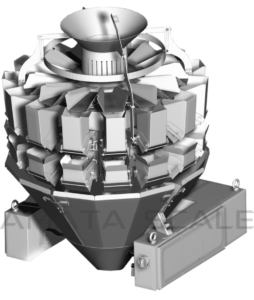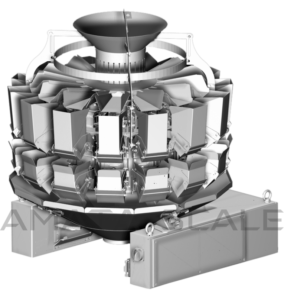
Marzipan is a confection consisting primarily of sugar or honey and almond meal (ground almonds), sometimes augmented with almond oil or extract. In Germany, Holland and Norway, marzipan is a traditional Christmas treat.
There are two proposed lines of origin for marzipan; they are not necessarily contradictory and may be complementary, as there have always been Mediterranean trade and cooking influences. Other sources establish the origin of marzipan in China, from where the recipe moved on to the Middle East and then to Europe through Al-Andalus.
However, there is still no reliable information about where exactly marzipan was first cooked. European countries – Spain, France, Germany, Italy, Estonia, Hungary – also claim to be the homeland of the product. According to one legend, famine was the cause of the invention of marzipan, when almonds were the only raw material for bread. Sometimes it is said that marzipan was invented as a medicine for mental disorders, as it has a beneficial effect on the nervous system.
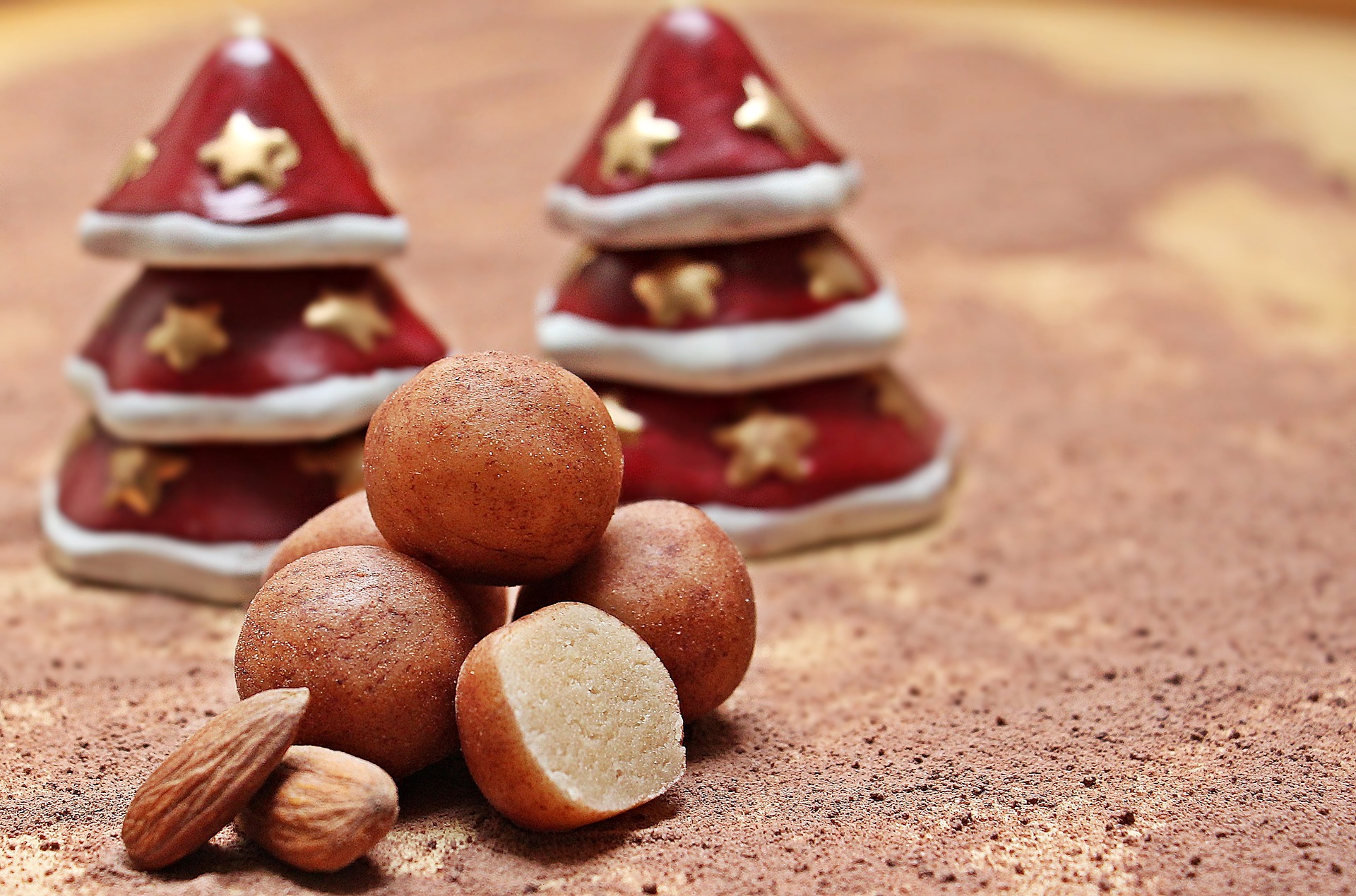
Marzipan is often made into sweets; common uses are chocolate-covered marzipan and small marzipan imitations of fruits and vegetables. It can also be used in biscuits or rolled into thin sheets and glazed for icing cakes, primarily birthday, wedding cakes and Christmas cakes. This use is particularly common in the UK, on large fruitcakes. Marzipan paste may also be used as a baking ingredient, as in stollen or banket. In some countries, it is shaped into small figures of animals as a traditional treat for New Year’s Day. Marzipan is also used in Tortell, and in some versions of king cake eaten during the Carnival season. Traditional Swedish princess cake is typically covered with a layer of marzipan that has been tinted pale green or pink.
Different types of marzipan candies or marzipan figures can be carefully and neatly packaged with the help of AMATA multiheads. For this type of product, we recommend the following AMATA equipment:
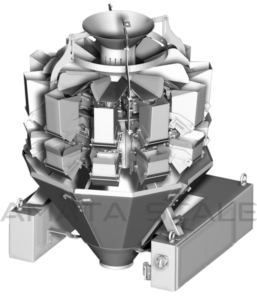
Multihead Weigher KATE-214-R: It is designed to work with a wide range of loose and small-piece products. Contains 14 weight pockets. In complete with options for gentle packaging, the weigher can provide a capacity of up to 110 packs per minute.
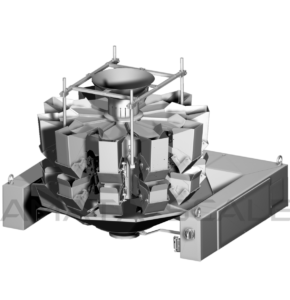
Multihead Weigher KATE-214-R30: Designed to work with a wide range of fragile loose and small-piece products. Contains 14 weight pockets. Due to the gentle slopes, the transfer of the product to the packaging machine is more smooth. At the same time, the capacity of the weigher remains quite high – up to 110 packs per minute.
AMATA SCALE equipment mean reliability, convenience and ease of operation at a reasonable price. Contact our managers and find out more about the possibility of dosing and packaging of your product:
Tel: +7 (812) 320-42-01
Fax: +7 (812) 329-49-11
E-mail: info@amatascl.com
